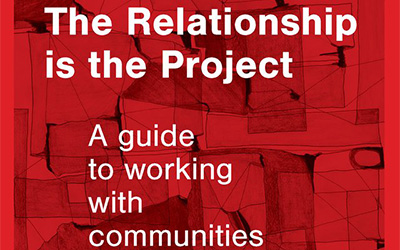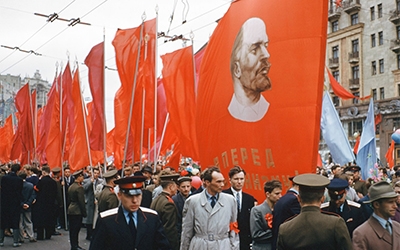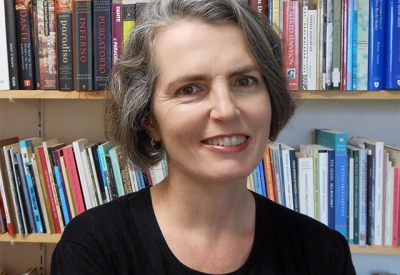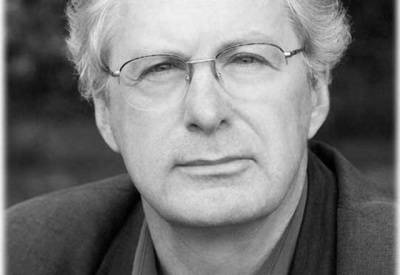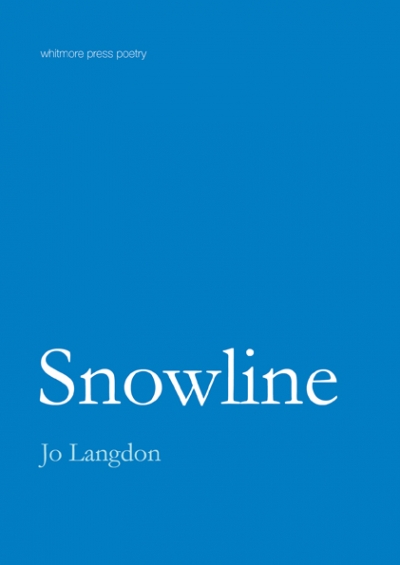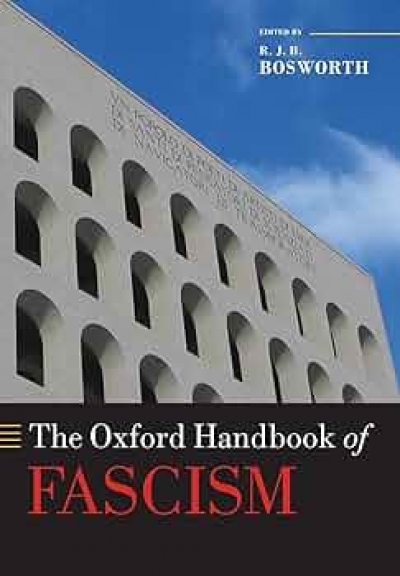Every Man for Himself and God Against All by Werner Herzog, translated by Michael Hofmann
Werner Herzog is perhaps the only cinéaste from the epoch sometimes referred to as the ‘golden age of art cinema’ whose reputation as a pop cultural figure eclipses that of his films. One of the key members of the New German Cinema movement, and the director of celebrated feature films such as Aguirre, the Wrath of God (1972) and The Enigma of Kaspar Hauser (1974), Herzog has come to be known among internet users for his drawling Bavarian accent and his existential musings about solitude, despair, and the brutality of nature. However, as Herzog’s new memoir, Every Man for Himself and God Against All (translated by Michael Hofmann) reveals, behind this ironically morose façade lies a sentimental and deeply thoughtful man who is endlessly fascinated by the human soul and the superhuman drive to transcend what we thought possible.





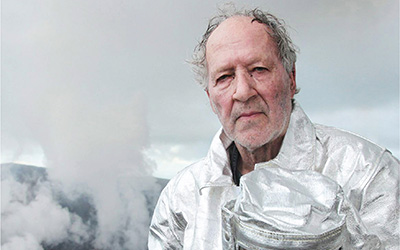
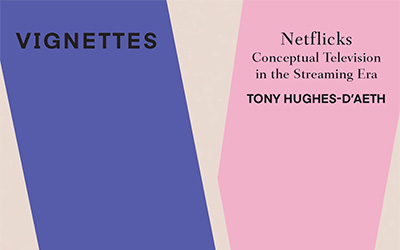
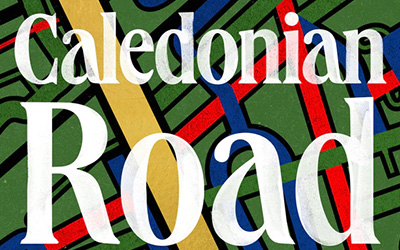
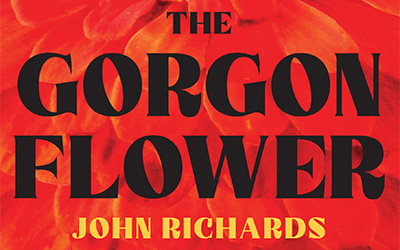
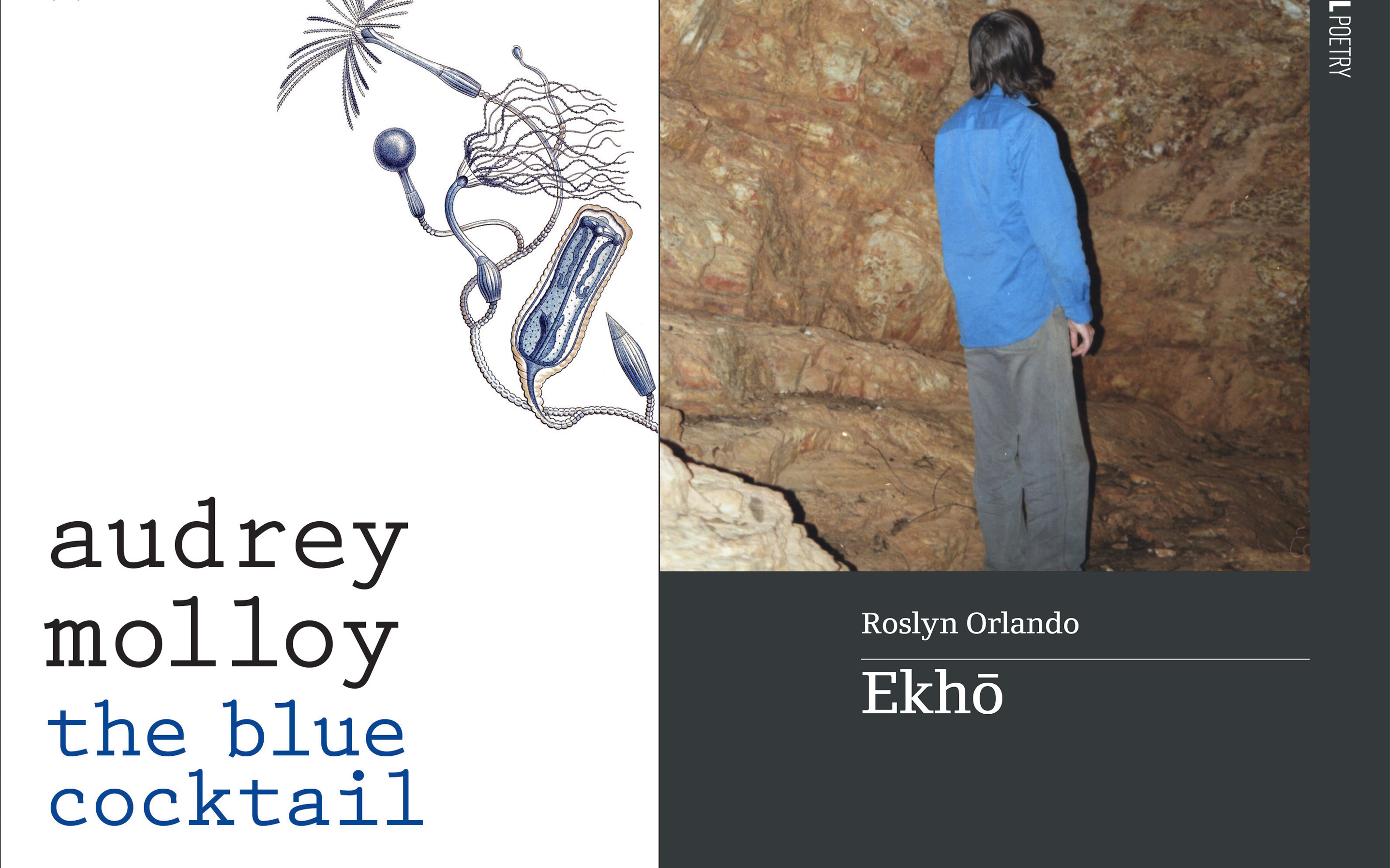
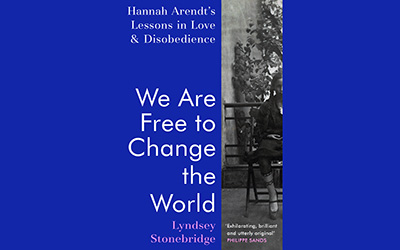
-FEAT.png)


